Product Name: Aluminum Forging
Product Type: Metal Forging
Material: Aluminum
Shape: Customized
Surface Treatment: Anodizing, Powder Coating, Spray Painting, Polishing
Production Process: Die Casting, Press Forging
Advantages:
1. High strength-to-weight ratio
2. Superior mechanical properties
3. Enhanced resistance to fatigue and wear
4. Tight dimensional tolerances
5. Cost-effective production
| Color | Silver |
|---|---|
| Material | Aluminum |
| MOQ | 1 Pcs |
| Sample | Available |
| Place of Origin | China |
Product Details
MINGYU Tech forging of aluminum alloys is a reliable supplier of high performance forging of aluminum alloys for the aerospace industry. With advanced forging technology and quality management system, we produce lightweight, strong and durable forgings. Our experienced team understands the unique needs of the aviation industry and works closely with customers to provide tailored solutions for their aircraft applications. We are committed to providing products that meet the highest standards of quality, safety and performance.
The first step in the forging of aluminum alloys process is to select the appropriate grade of aluminum for the desired product. Different aluminum alloys have varying chemical compositions and properties, making them suitable for different applications. Once the aluminum has been chosen, it is heated in a furnace to a temperature between 700-800 degrees Fahrenheit. This temperature is critical, as it allows the aluminum to become malleable without melting.
Next, the heated aluminum is placed into a forging machine, where it is subjected to intense pressure. This pressure changes the shape of the aluminum, creating the desired product. The process is repeated multiple times, with the aluminum being reheated and re-forged until it reaches its final shape and size. This method of shaping allows for precise control over the dimensions and specifications of the product.
forging of aluminum alloyss are known for their high strength-to-weight ratio, making them ideal for applications in the aerospace, automotive, and defense industries. They are also highly resistant to corrosion and have excellent thermal and electrical conductivity, making them suitable for use in electrical components. The precision and durability of forging of aluminum alloyss make them a popular choice for critical components such as aircraft parts, automobile engine components, and industrial machinery.
| Place of Origin | China |
| Material | Metal Aluminium Steel Copper Brass |
| Process | Forging+machining+HT+finish Machining |
| Surface treatment | Polishing |
| Application | Machinery Parts |
| Product name | forging of aluminum alloys |
| Certificate | TS16949/ISO9001 |
| Color | Customized Color |
| Quality Control | 100% Inspection |
| Lead Time | 12-30 Days |
| MOQ | 1 Piece |
| Supply Ability | 183995 Piece/Pieces per Month |
| Quantity (pieces) | > 548 |
| Lead time (days) | To be negotiated |
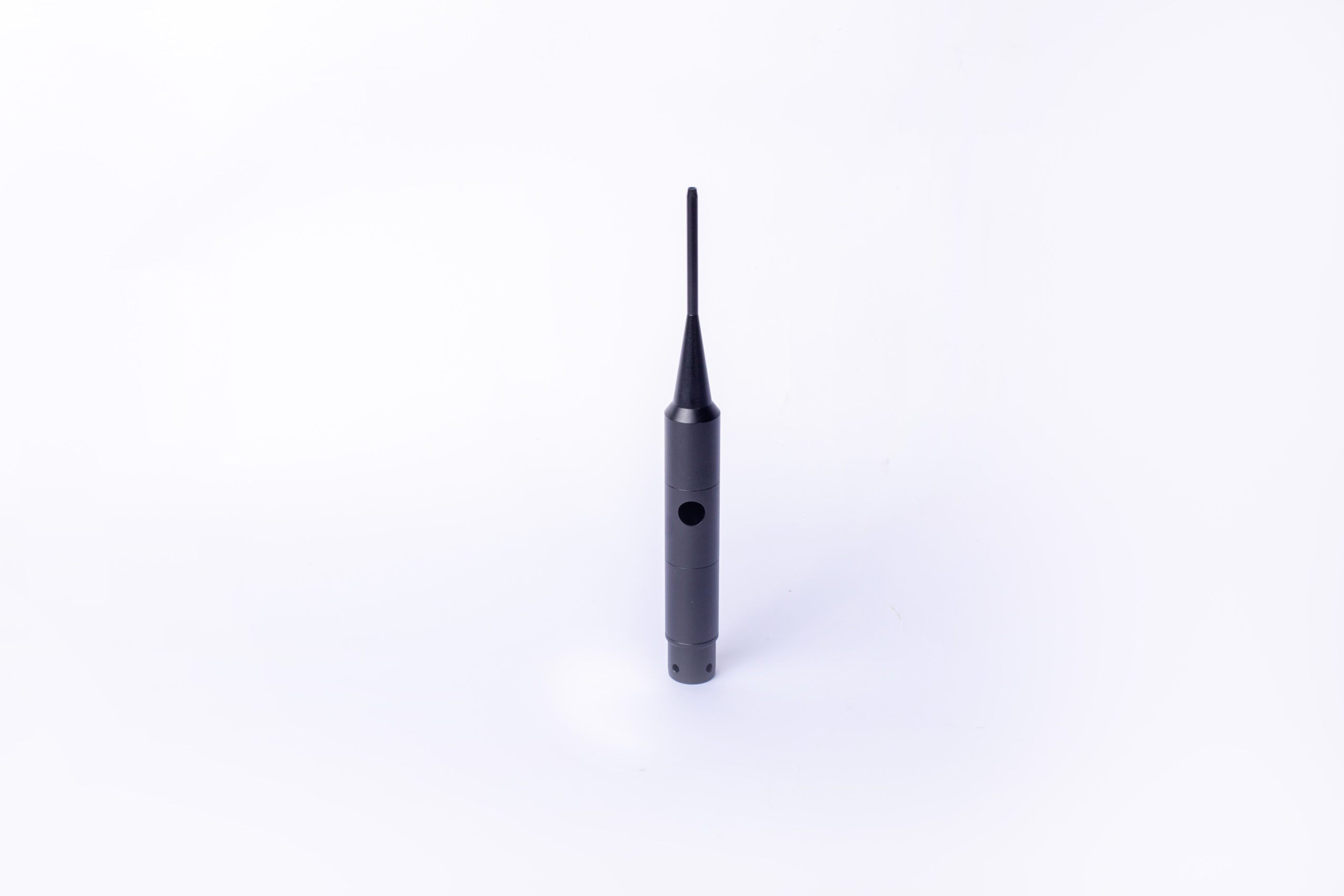
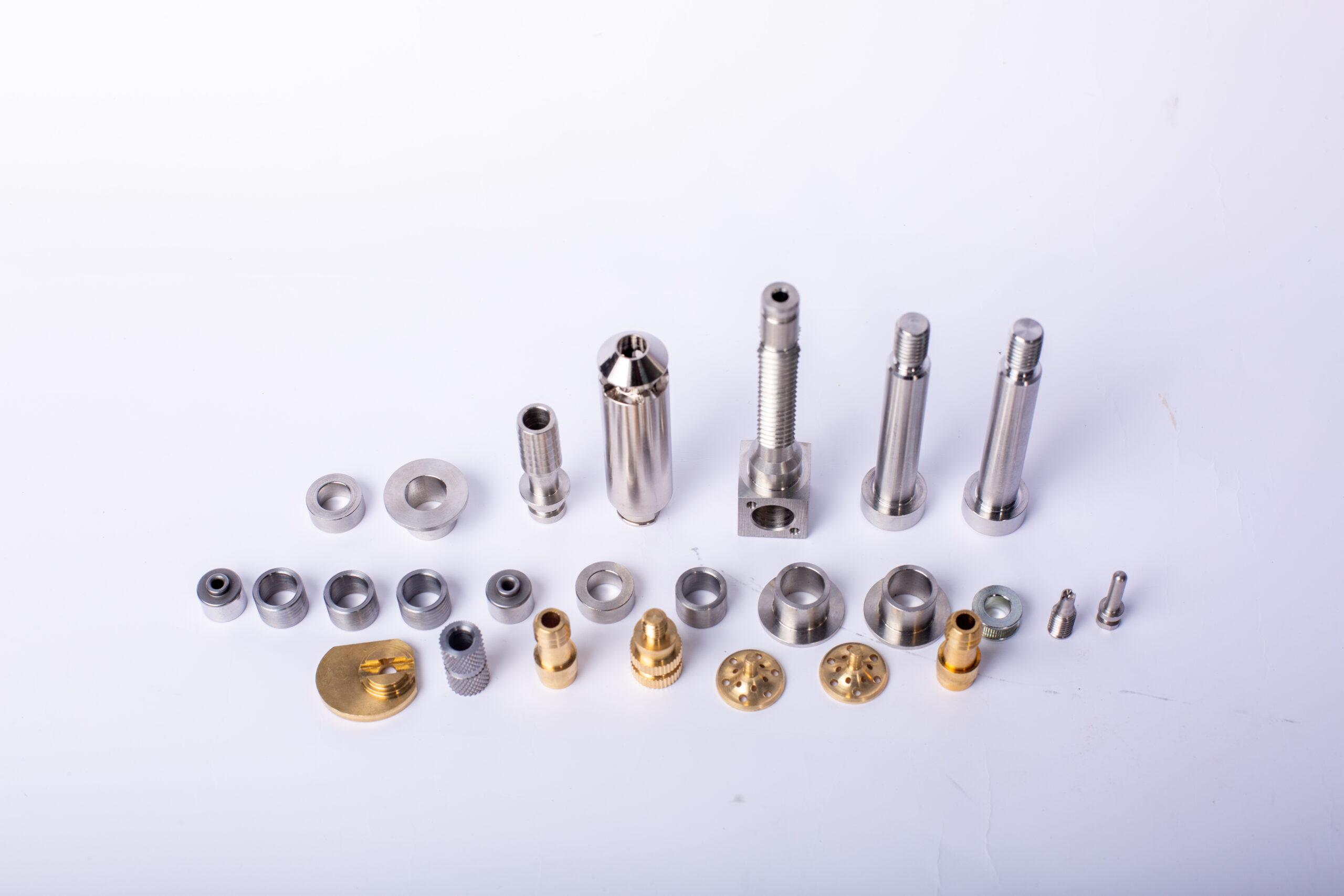
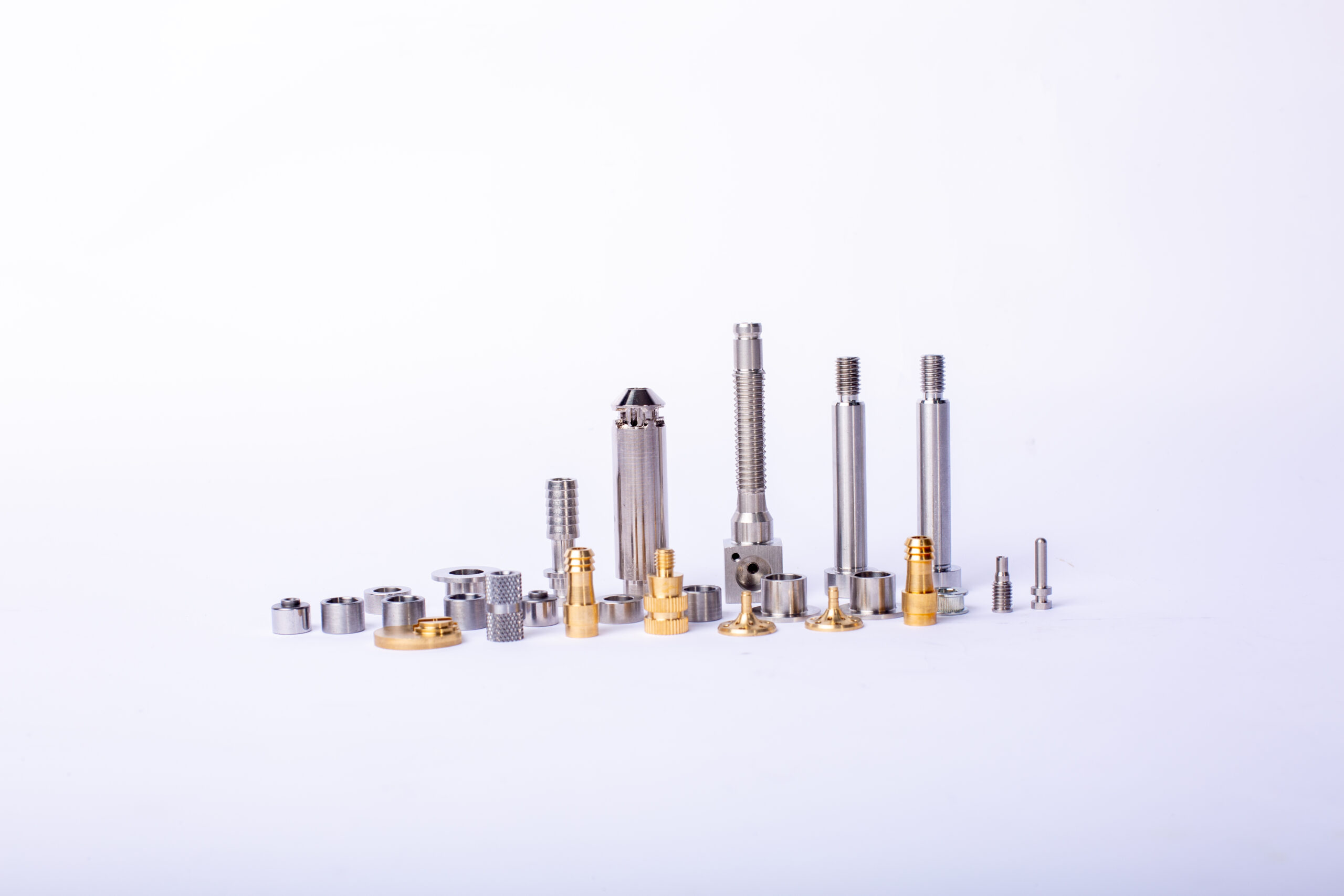
forging of aluminum alloys FAQs Guide.
Our company is dedicated to providing high-quality forging of aluminum alloys products to meet the needs of various industries. With advanced technology and skilled craftsmanship, we have become a leading manufacturer in the field of forging of aluminum alloys. Our products are widely used in aerospace, automotive, and construction industries, just to name a few. We take great pride in our products as they are not only durable and reliable, but also lightweight and eco-friendly. Through this introduction, we hope to showcase the versatility and excellence of our forging of aluminum alloys products. Thank you for choosing us as your trusted provider of top-notch forging of aluminum alloys products.
1.How does the shape and geometry of a part affect the forging of aluminum alloys process?
The shape and geometry of a part can have a significant impact on the aluminum forging process. The shape of the part will determine the type of die that is used, the amount of force that is required to form the part, and the amount of time it takes to complete the forging process. Additionally, the geometry of the part will determine the amount of material that is required to form the part, the amount of time it takes to complete the forging process, and the amount of force that is required to form the part.
2.How is forging of aluminum alloys different from other metal forging processes?
We continue to invest in research and development and continue to launch innovative products.
Aluminum forging is different from other metal forging processes in that it requires a different set of tools and techniques. Aluminum is a softer metal than other metals, so it requires a different set of tools and techniques to shape it. Aluminum forging also requires a lower temperature than other metals, so it is more energy efficient. Additionally, aluminum forging is more cost effective than other metal forging processes due to its lower melting point.
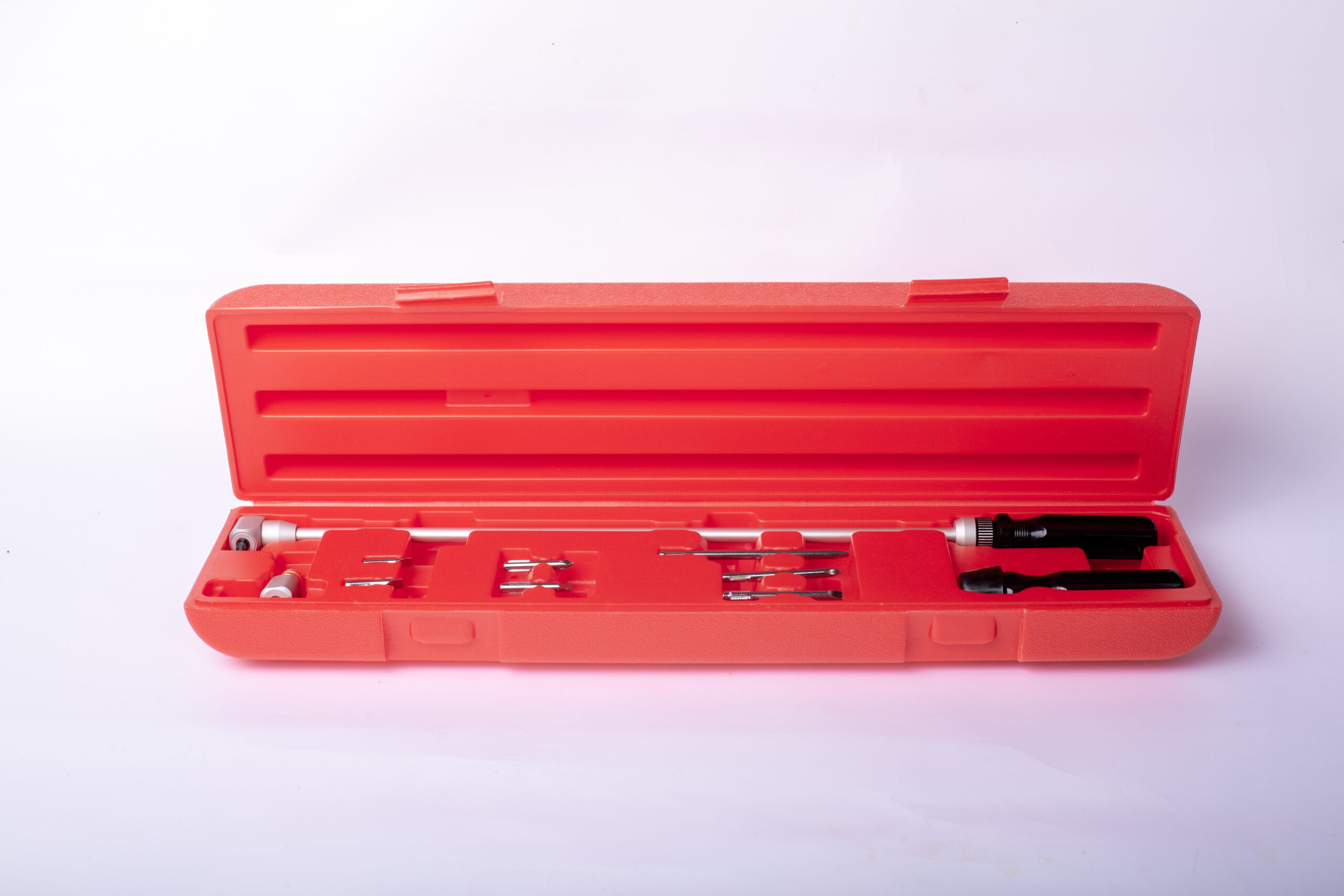
3.Can forging of aluminum alloyss be used in corrosive environments?
Yes, aluminum forgings can be used in corrosive environments. Aluminum is a naturally corrosion-resistant material, and when it is forged, it becomes even more resistant to corrosion. Aluminum forgings can be treated with a variety of coatings to further protect them from corrosion.
4.How does heat treatment affect the strength and durability of forging of aluminum alloyss?
We maintain a certain amount of R&D investment every year and continuously improve operational efficiency to provide better services to our cooperative customers.
Heat treatment can significantly improve the strength and durability of aluminum forgings. Heat treatment can increase the strength of aluminum by increasing the hardness of the material, which can help to reduce wear and tear. Heat treatment can also improve the fatigue strength of aluminum, which can help to increase the life of the part. Heat treatment can also improve the corrosion resistance of aluminum, which can help to increase the durability of the part.
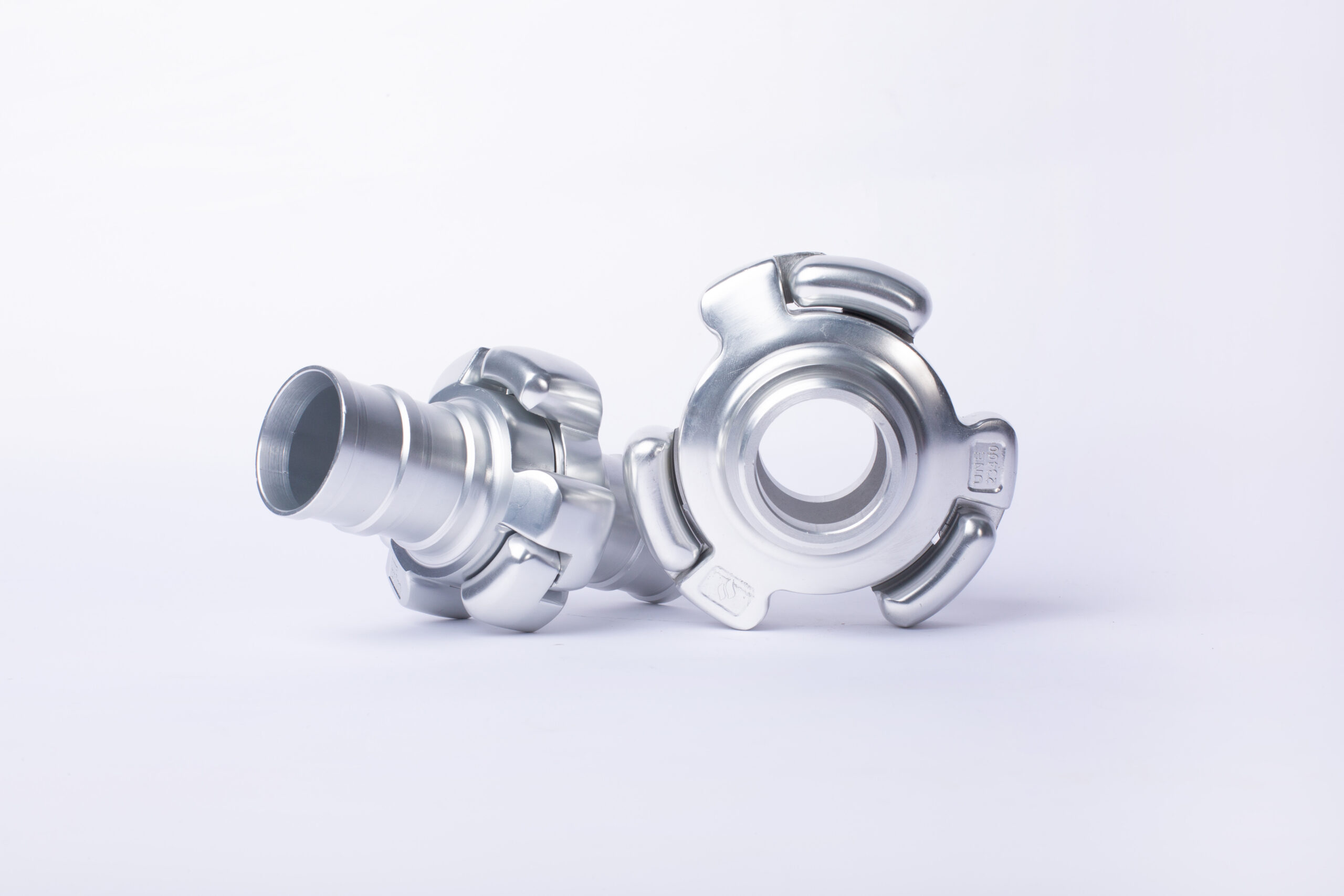
5.What industries commonly use forging of aluminum alloyss?
We attach importance to the innovation ability and team spirit of employees, have advanced R & D facilities and laboratories, and have a good quality management system.
Aluminum forgings are commonly used in the automotive, aerospace, defense, and marine industries. They are also used in the construction, medical, and sporting goods industries.
6.Can forging of aluminum alloyss be coated or plated?
We should have a stable supply chain and logistics capabilities, and provide customers with high -quality, low -priced forging of aluminum alloys products.
Yes, aluminum forgings can be coated or plated. Common coatings and platings for aluminum forgings include anodizing, powder coating, and electroplating.
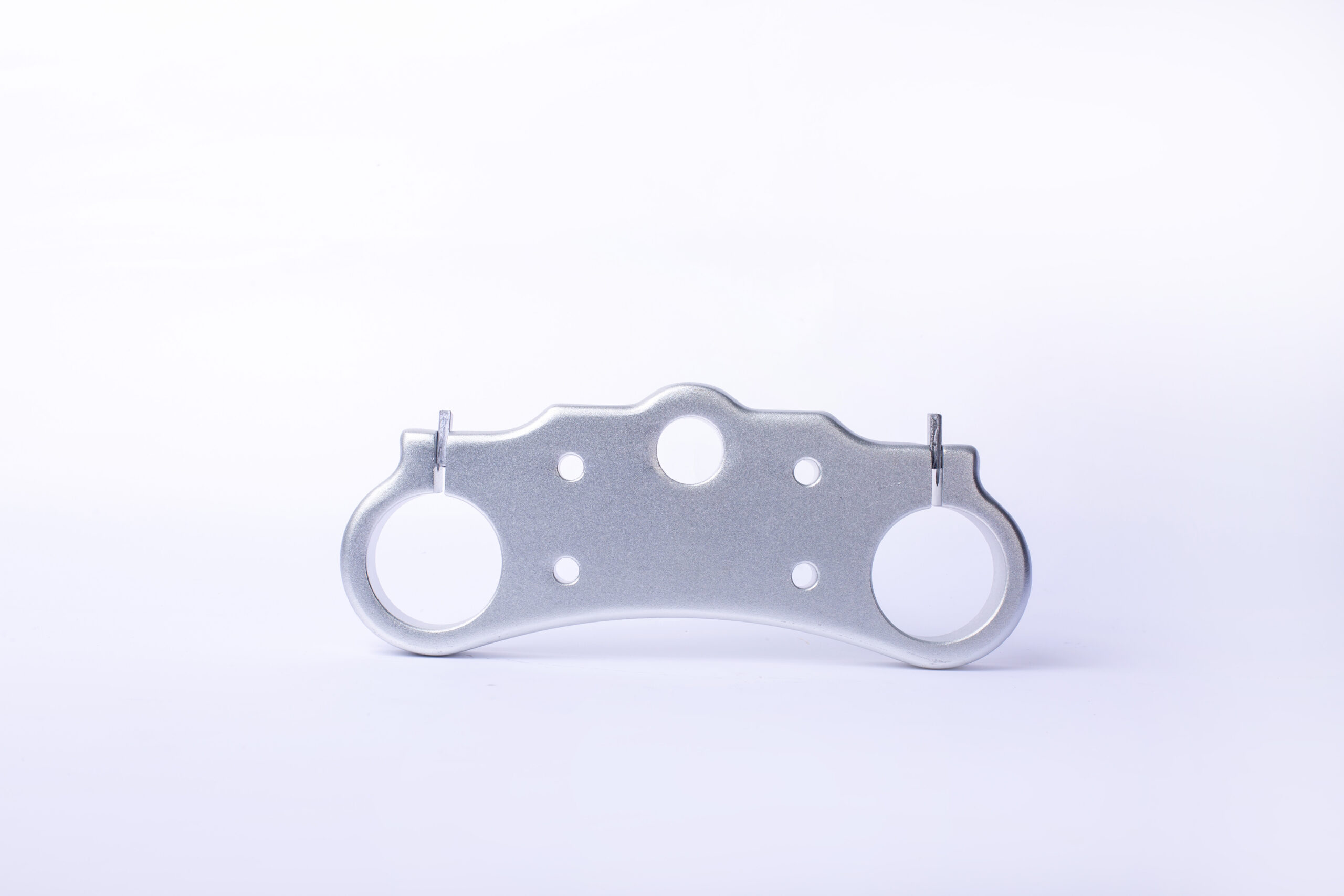
7.Can forging of aluminum alloyss be used in high-stress applications?
We are a new forging of aluminum alloys manufacturer.
Yes, aluminum forgings can be used in high-stress applications. Aluminum forgings are strong and lightweight, making them ideal for applications that require strength and durability. They are also corrosion-resistant and can withstand extreme temperatures, making them suitable for a variety of high-stress applications.
8.About forging of aluminum alloys origin
Aluminum forging is a process that has been used for centuries to create strong and durable metal components. The process involves heating aluminum to a high temperature and then using a hammer or press to shape it into the desired shape. Aluminum forging is used in a variety of industries, including aerospace, automotive, and medical. It is a cost-effective and efficient way to create components that are strong and lightweight.
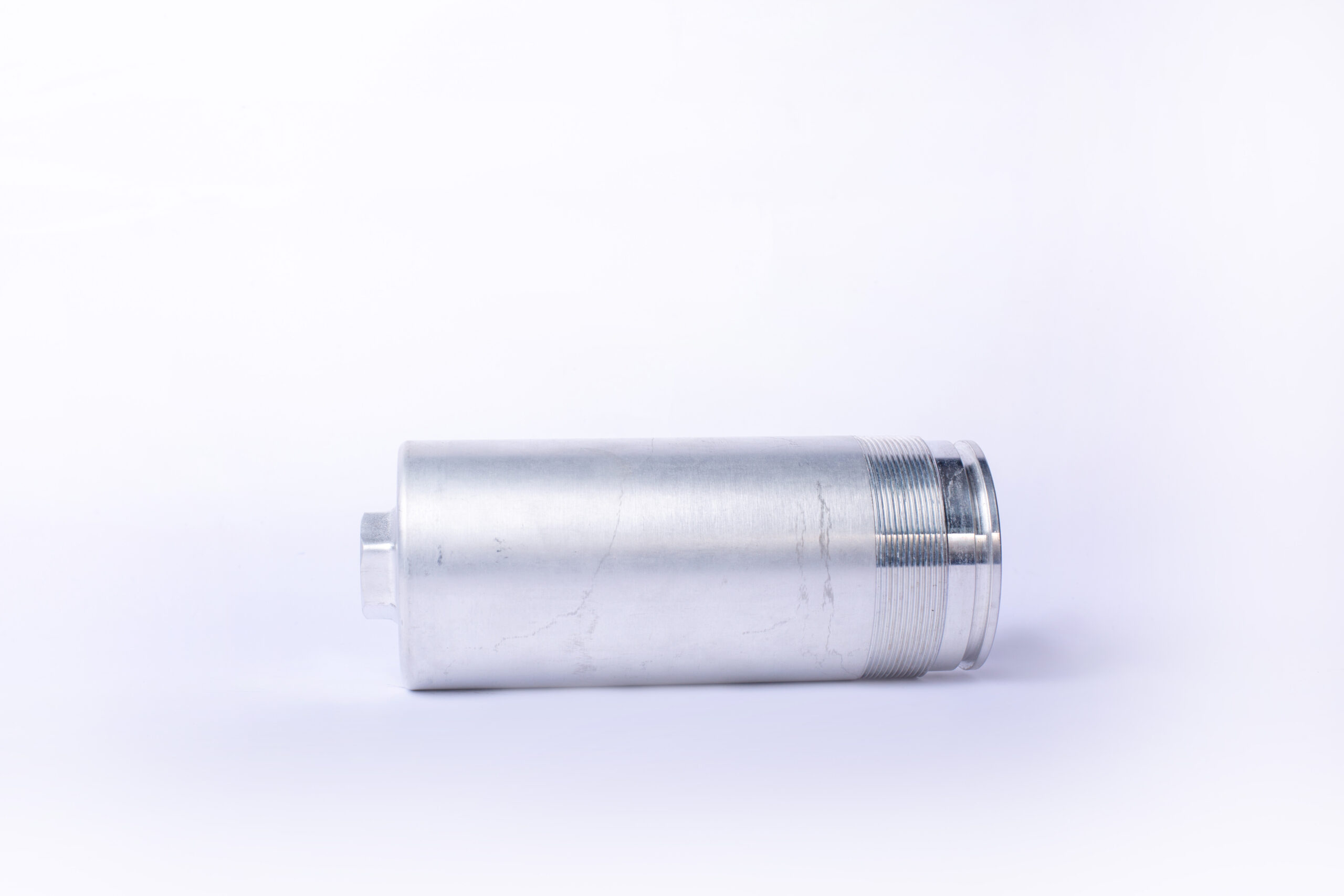
9.What are the properties of aluminum that make it suitable for forging?
We have the leading technology and innovation capabilities, and attach importance to employee training and development, and provide promotion opportunities.
1. Aluminum is lightweight and strong, making it ideal for forging.
2. Aluminum has a low melting point, making it easy to shape and form.
3. Aluminum is corrosion-resistant, making it suitable for outdoor applications.
4. Aluminum is malleable and ductile, making it easy to work with.
5. Aluminum is a good conductor of heat and electricity, making it suitable for electrical components.
6. Aluminum is non-magnetic, making it suitable for use in sensitive electronic equipment.
7. Aluminum is relatively inexpensive, making it a cost-effective choice for many applications.
10.Are there any surface treatment options for forging of aluminum alloyss?
Our forging of aluminum alloys products undergo strict quality control to ensure customer satisfaction.
Yes, there are several surface treatment options for aluminum forgings, including anodizing, powder coating, painting, and plating. Anodizing is a process that creates a protective oxide layer on the surface of the aluminum, while powder coating and painting are used to add color and texture to the surface. Plating is used to add a layer of metal to the surface of the aluminum, such as chrome or nickel.
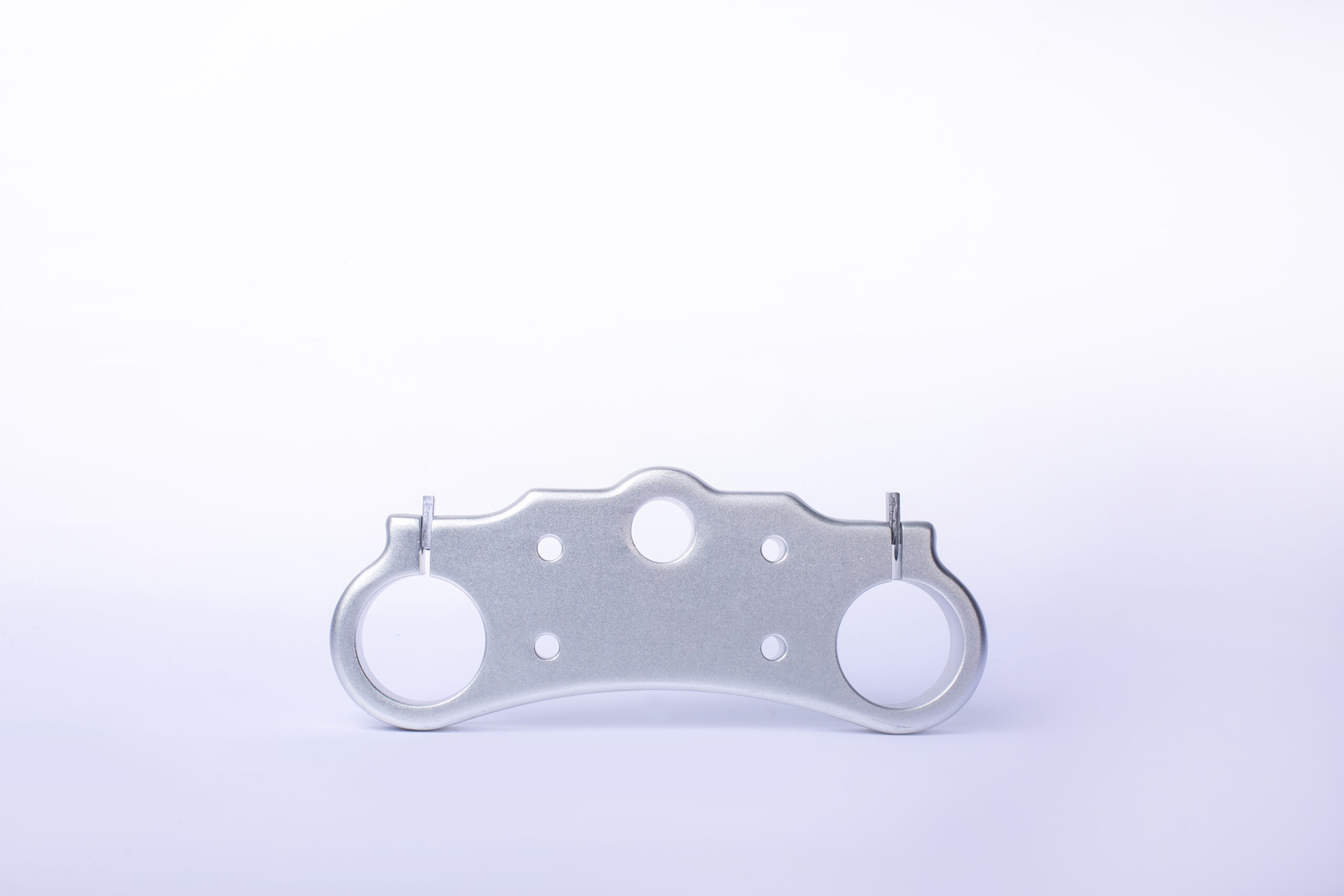
11.Can forging of aluminum alloyss be welded or brazed?
Being one of the top forging of aluminum alloys manufacturers in China, We attach great importance to this detail.
Yes, aluminum forgings can be welded or brazed. However, it is important to note that aluminum is a difficult material to weld and requires special techniques and equipment. Brazing is often the preferred method for joining aluminum forgings, as it is less likely to cause warping or cracking.
12.How does the cost of forging of aluminum alloyss compare to casting or machining a similar part?
The cost of aluminum forgings is typically higher than casting or machining a similar part. This is because the process of forging is more complex and requires more specialized equipment and expertise. Additionally, the cost of raw materials for forging is typically higher than for casting or machining. However, the cost of aluminum forgings can be offset by the improved strength and durability of the part, as well as the potential for reduced machining time and cost.

13.Can non-CNC machining methods be used for finishing forging of aluminum alloyss?
As one of the forging of aluminum alloys market leaders, we are known for innovation and reliability.
Yes, non-CNC machining methods can be used for finishing aluminum forgings. These methods include grinding, sanding, polishing, and buffing.
14.Are there any unique design considerations for forging of aluminum alloyss?
Yes, there are several unique design considerations for aluminum forgings. These include:
1. Designing for the grain structure of the aluminum: Aluminum forgings are produced by a process that creates a grain structure in the metal. This grain structure can affect the strength and ductility of the part, so it is important to consider when designing the part.
2. Designing for the forging process: The forging process can affect the shape and size of the part, so it is important to consider the process when designing the part.
3. Designing for the heat treatment process: Heat treatment is often used to improve the properties of aluminum forgings, so it is important to consider the heat treatment process when designing the part.
4. Designing for the machining process: Machining is often used to finish aluminum forgings, so it is important to consider the machining process when designing the part.
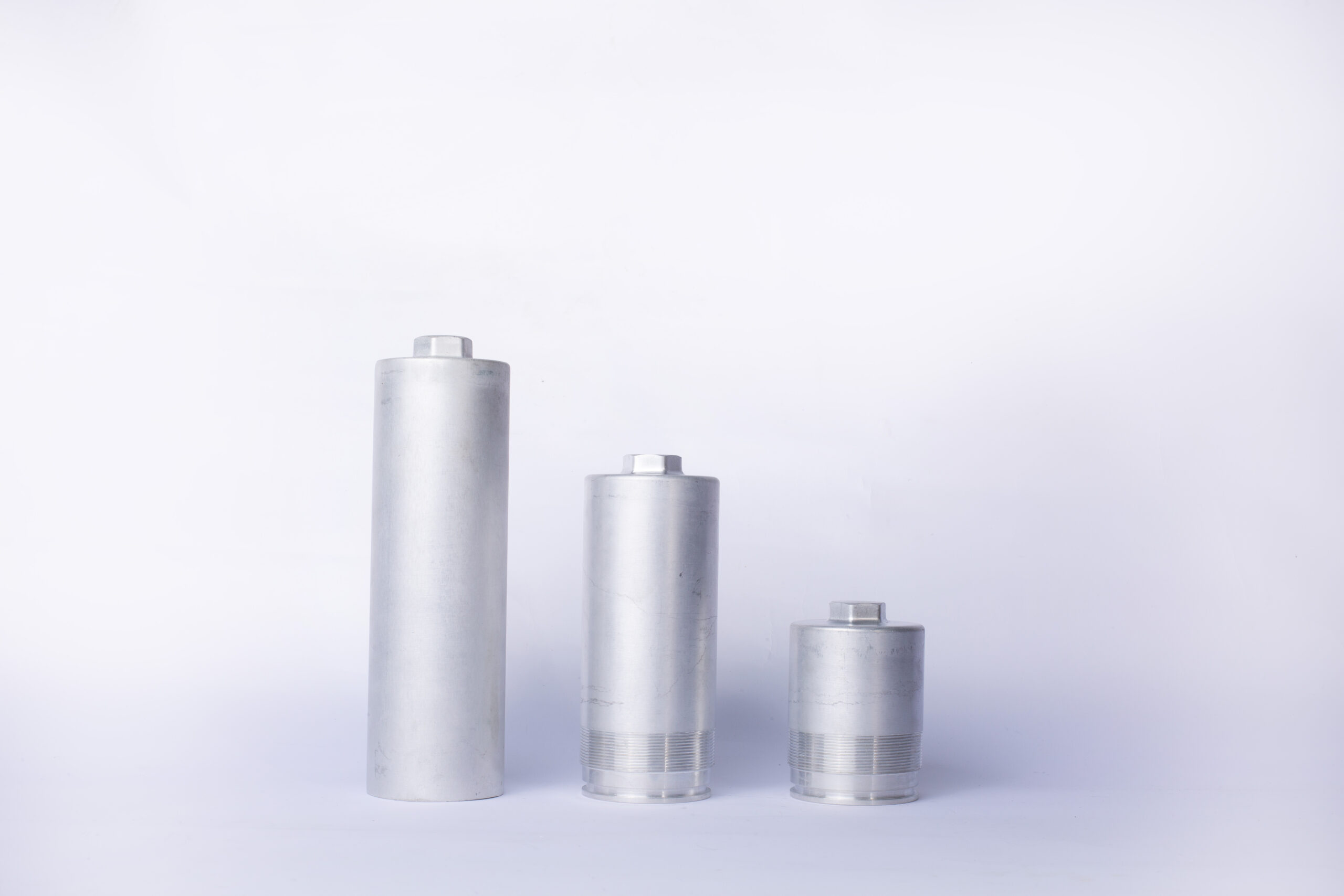
Tag:aluminum press forging,forging aluminum cans,china aluminum forging factory,forge oredictionary.aluminum
Product Inquiry
We will respond within 12 hours, please pay attention to the email “@163.com” or “@alumforge.com”.
Also, you can go to the Contact Page, which provides a more detailed form, if you have more inquiries for products or would like to obtain OEM service.
Our sales experts will respond within 24 hours, please pay attention to the email with the suffix “@163.com”.